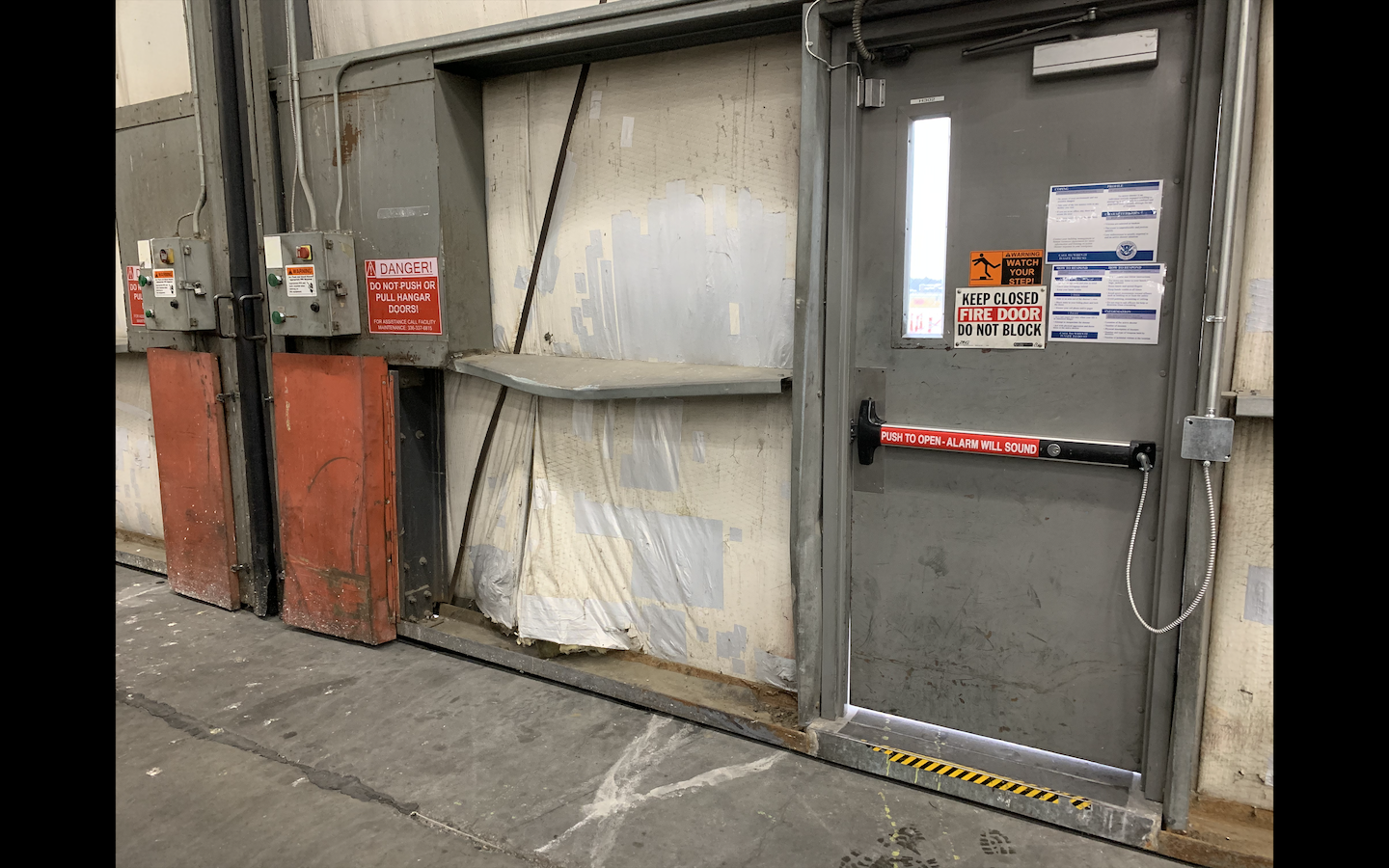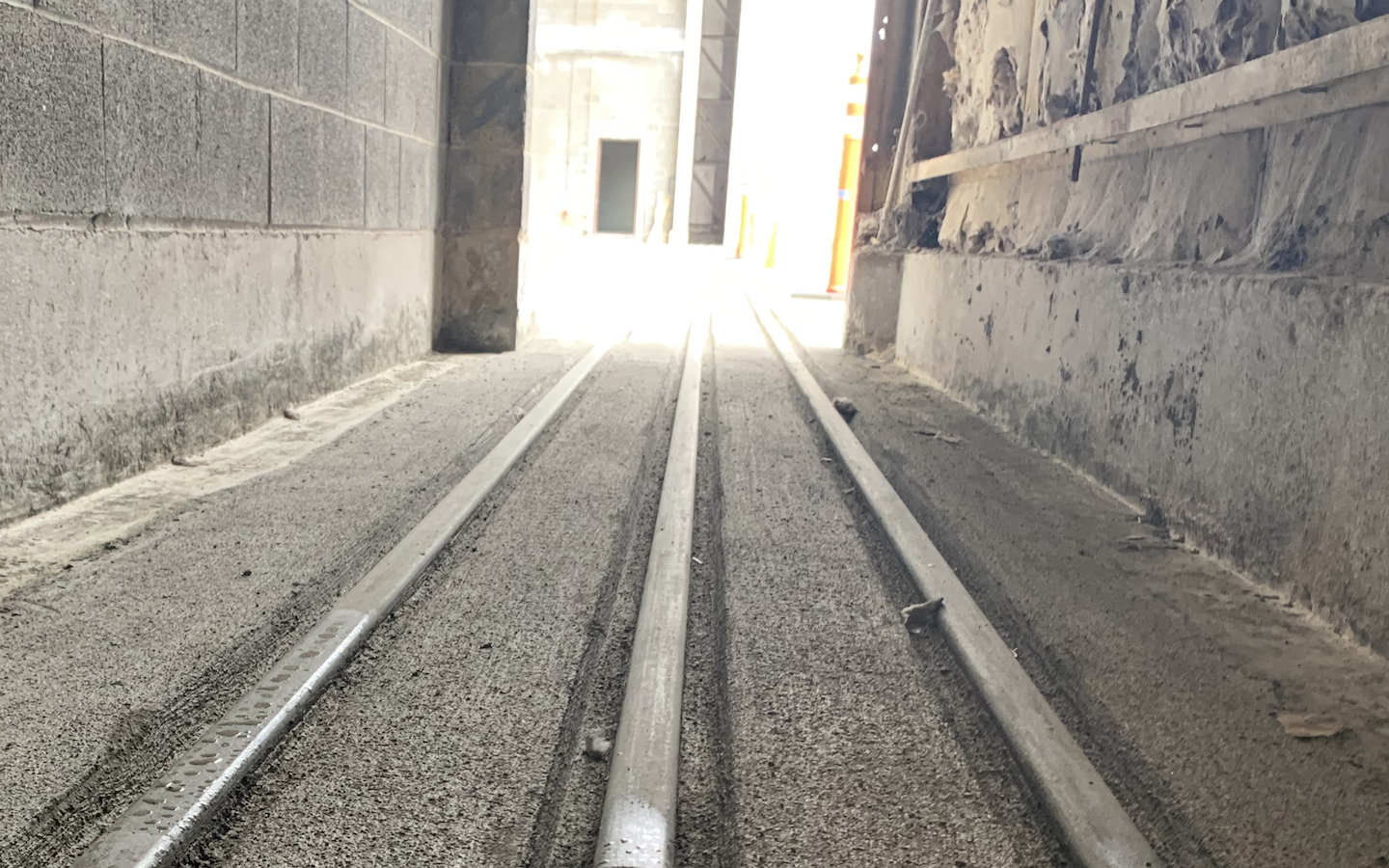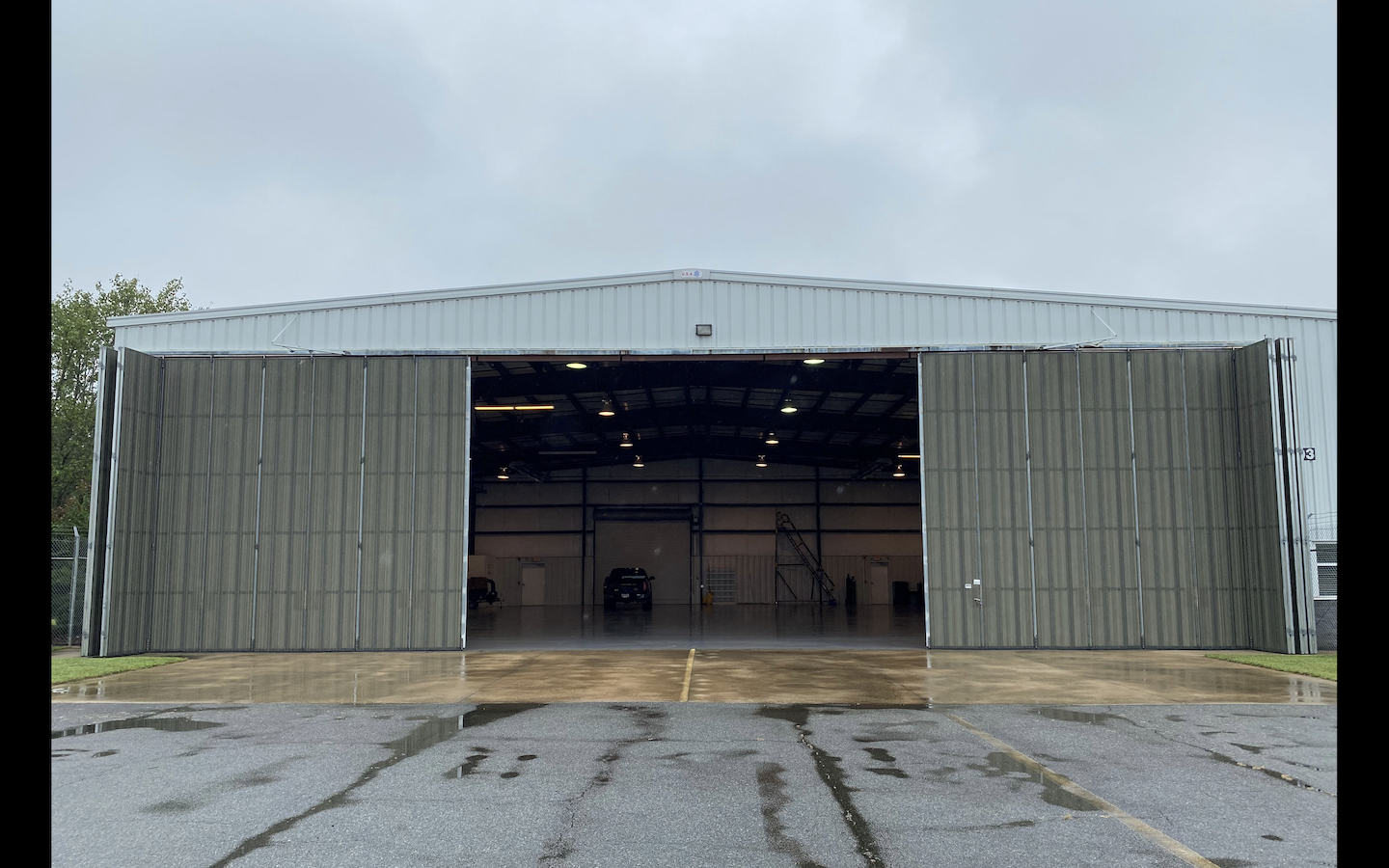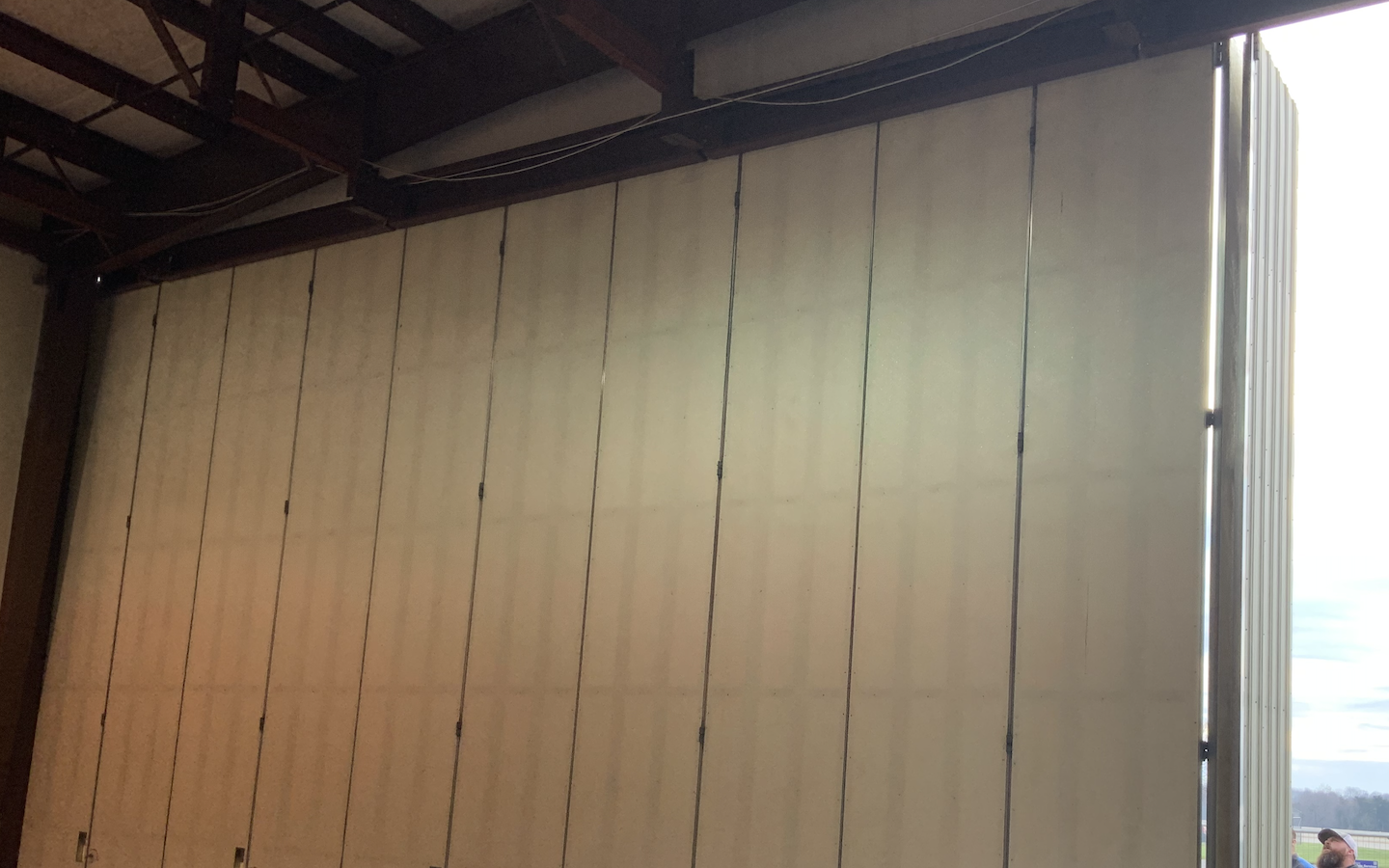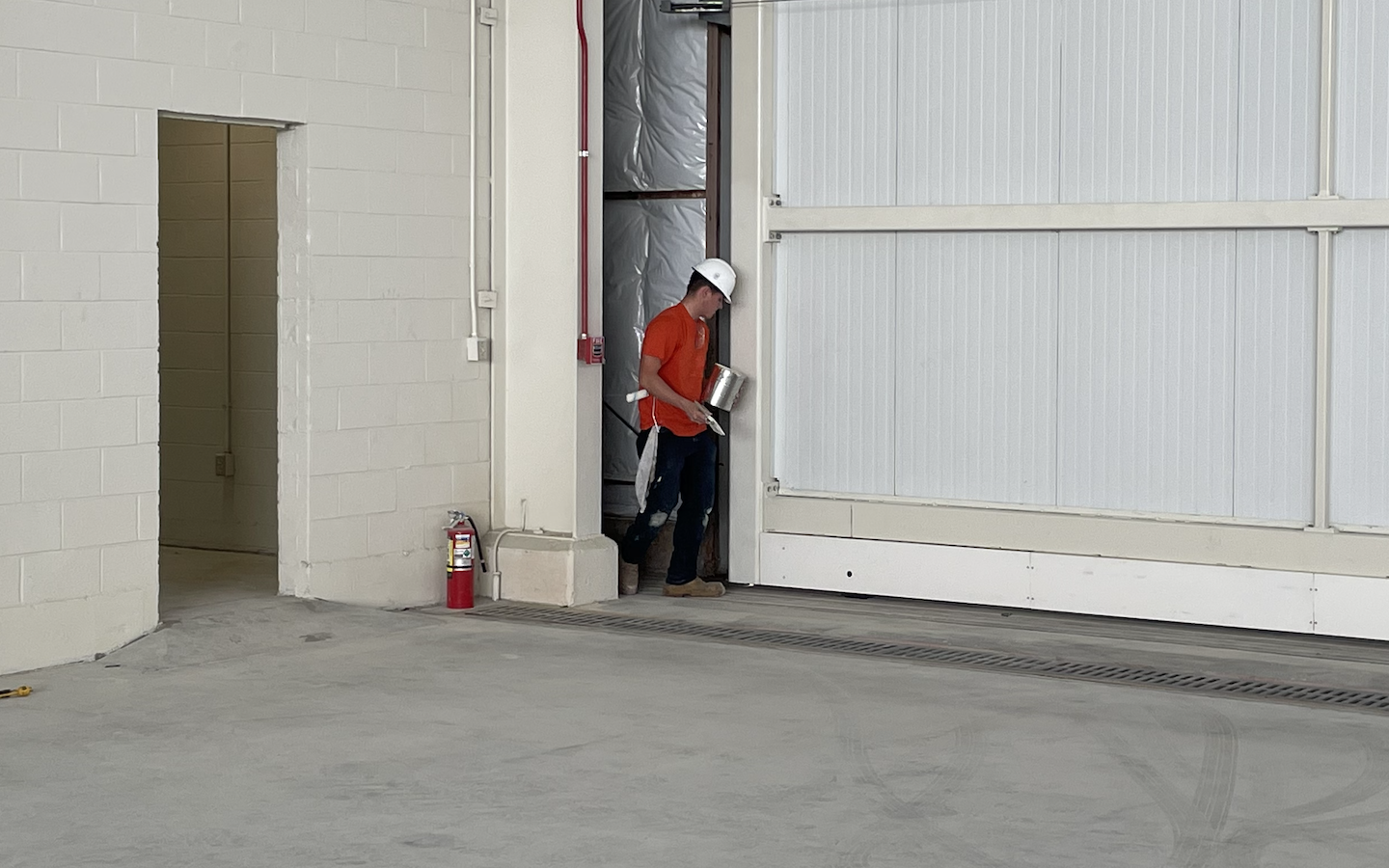X
JUS Doors | More Information
Fill out the form and one of our associates will get back to you.
Please allow 24 hrs for a response.
Thank you! Your submission has been received!
Oops! Something went wrong while submitting the form.


